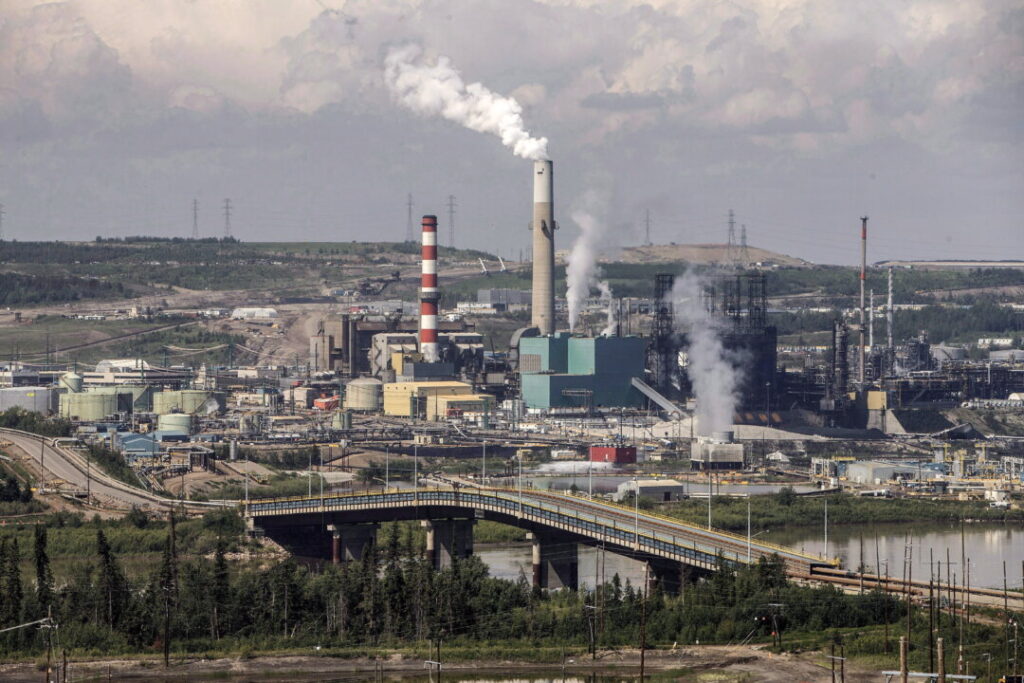Explanation
Calls for Canada to respond aggressively to U.S. trade threats ignore the economic realities of such a move. Consider energy in Quebec and Alberta. The stakes for Alberta and Quebec in this morbidly anticipated trade war gamble are highly asymmetric, with Alberta standing to lose much more in absolute and per capita terms. Any discussion of engaging in such a conflict is reckless and fails to recognize the scale of economic integration with the United States.
A trade war would jeopardize trade and capital flows, which are vital to businesses and finances. Retaliatory tariffs and export restrictions could destabilize relationships across Canada and harm key industries. During the 2018 NAFTA renegotiation, even the threat of a trade breakdown cost Canadian industry millions of dollars in lost revenue and opportunity. In the event of a full-scale trade war, these losses would increase exponentially.
Stopping these exports would have a negative impact on weakening the economy. Alberta’s energy industry supports tens of thousands of jobs and generates significant government revenue that funds social programs and infrastructure. Alberta is also a net contributor to federal equalization payments, providing billions of dollars each year to support less prosperous provinces, including Quebec.
The suggestion that Alberta should stop exporting oil and gas to “do its part” for Canada is economic nonsense. Unlike Quebec’s power sector, Alberta’s energy industry has no immediate alternative market to replace U.S. demand. Turning off the tap to America would devastate Alberta and weaken Canada.
While the loss of U.S. electricity exports would hurt Quebec, the economic impact would be less severe than the potential loss to Alberta. Quebec’s export economy is becoming more diversified, with industries such as aerospace, aluminum, pharmaceuticals and technology providing alternative sources of income.
The idea that Alberta and Quebec would equally bear the burden of a trade war by withholding energy sales to the United States is deeply flawed. Alberta’s dependence on the U.S. market is much higher, and the potential losses are even greater. That’s partly because Quebec opposed Energy East, a proposed pipeline to transport Alberta’s energy to the Atlantic basin. If oil and gas exports were halted, Alberta’s per capita costs would be nearly 10 times higher than Quebec’s.
This asymmetry highlights the uneven stakes in any trade dispute. Asking Alberta to make economic sacrifices while Quebec faces minor losses is unfair, economically unreasonable, and deeply corrosive to national unity. Weakening Alberta’s economy would have repercussions far beyond the province’s borders.
Far from being “anti-Canadian” as suggested by those with a political agenda to harm Alberta, Alberta’s reluctance to dismantle its energy sector is to protect Canada’s broader economic interests. It is. The province’s contributions to federal revenue and equalization payments help sustain national programs that benefit all Canadians. Conversely, Quebec’s relative isolation from the deleterious effects of the trade war explains its more accommodative stance.
For Quebec, suspending exports is like a piece of paper, but for Alberta it is a fatal blow.
Canada’s strength lies in its economic diversity and regional commitment. Alberta’s oil and gas sector, Quebec’s hydroelectric industry, the Atlantic fishing industry and Ontario’s manufacturing base are all vital to our nation’s prosperity.
A trade war would disrupt this relationship and jeopardize Canada’s status as a stable and reliable trading partner. Only Prime Minister Daniel Smith offered a mature and rational approach.
The idea of a trade war with the United States is foolhardy when the Canadian government is stagnant and already mired in government-induced economic problems. Instead of pitting provinces against each other, Ottawa (and the prime minister) should focus on maintaining the proven key to our nation’s prosperity: strengthening our relationship with the United States.
The views expressed in this article are those of the author and do not necessarily reflect the views of The Epoch Times.



